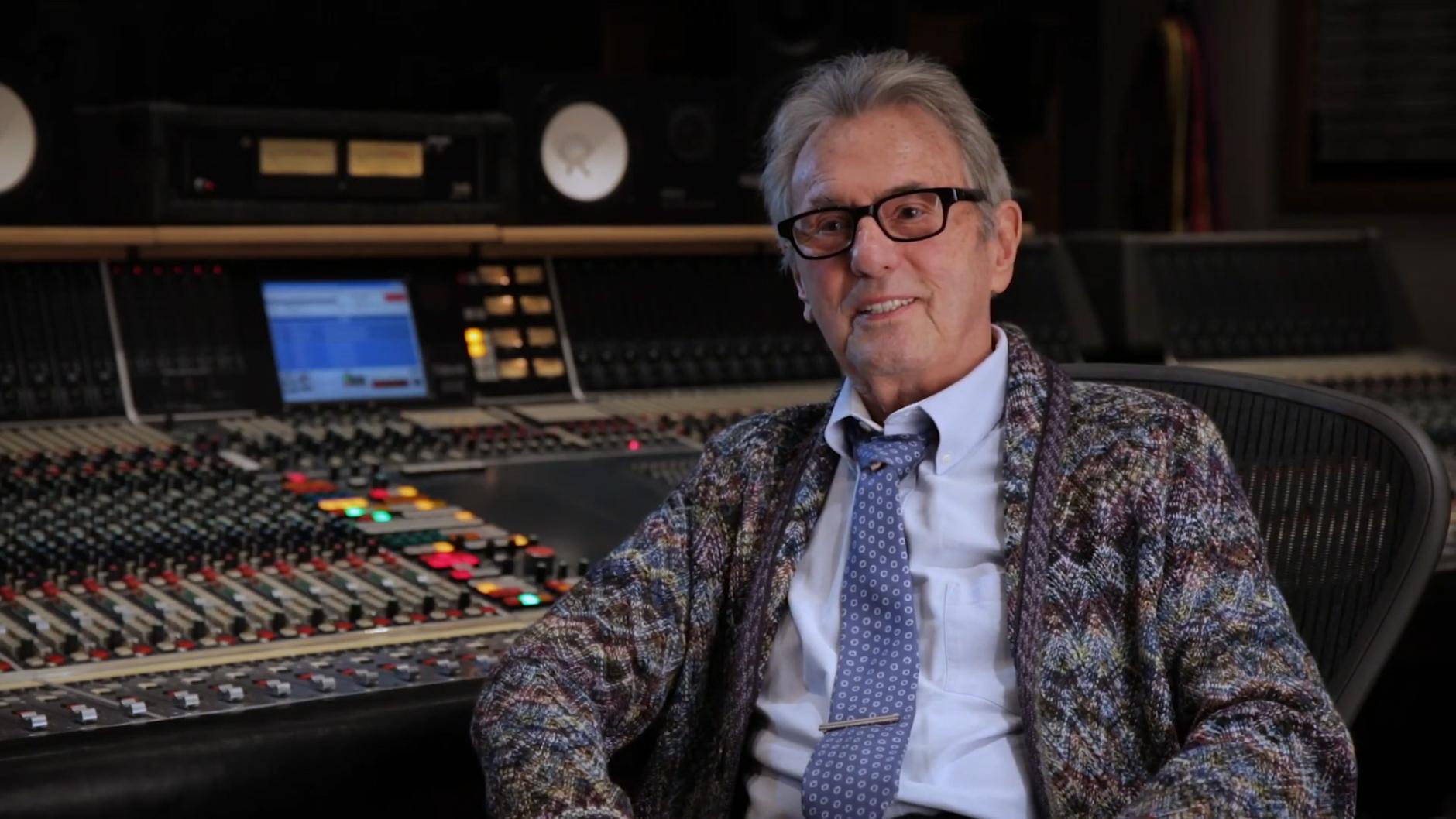Al Schmitt - Producer / Recording Engineer

Sennheiser’s Pro Talk Series on YouTube features interviews with the industry’s most respected sound engineers, including Al Schmitt, who has worked with the likes of Miles Davis, Frank Sinatra and Sam Cook.

Schmitt’s journey began in New York City, where he performed odd jobs at his uncle’s studio and continued on to a renowned career in Los Angeles.
As he worked with increasingly more artists, Schmitt’s reputation continued to grow, leading him to also pursue a career as a producer. Though Schmitt himself says he owes many of his breaks to being in the right place at the right time, his talents as a recording engineer are the true reason for his success.
“There’s a lot of depth to my records and the quality is just more natural sounding,” he explains. “I always go out in the room so I know what I’m going to capture, I don’t just put mics up and go in the studio and lift the faders. I listen to the musicians’ play to determine what I need to capture.”
“Moving a mic sometimes an inch or two makes all the difference in getting the best sound,” he continues. “Always listen to the instrument. Know where the sound is coming from, so you know where to put the mic. And, if you don’t think the sound you’re getting is bright enough, use a brighter mic rather than trying to EQ.”

For projects that Schmitt records, he never uses equalizers and instead implements a series of microphone techniques and finds the best mics for each instrument. “It takes time to learn those things and also to be in a position to be able to use a lot of mics,” he says. “You may work at a studio that has a small amount of mics, or you might work at one that has a large selection. The key is to keep trying different mics on things. If a musician has an instrument you’ve never seen before and you don’t know how to mic it – ask.”
In the more than 50 years since he launched his career, Schmitt has learned to complement his talents with a variety of Neumann microphones, such as the M 149, which he uses for piano and upright bass. “That’s locked in all the time,” he explains. “That’s what I use, and I have a reputation for getting a great bass sound. When I work at Capitol, those are set up before I even walk in. I also use the Neumann U 47 on vocals. That’s the first mic I start with, and if that doesn’t work, I’ll try something else. But, 99% of the time, that’s my mic.”
When asked what he would choose if he could use just one type of microphone on a project, Schmitt selected the Neumann U 67. “It’s the most versatile mic,” he says. “It works on upright bass, it works on piano, it works on vocal, it works on guitar, it works on brass. I use it on strings all the time. It’s the most versatile, and it’s a quality microphone. It’s just got such a great sound.”
Though Schmitt has a wealth of technical wisdom to instill on the upcoming generation of recording engineers, it is, perhaps, his professional advice that rings the loudest. “When I talk to young engineers, I always tell them to follow their heart; get up, take a shower, make sure you look and smell good, pay attention to everything around you and always make friends with the musicians,” he says. “You will have to pay your dues, but don’t give up no matter what, because you never know when that little break is going to be your ‘big break.’ ”




